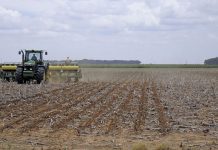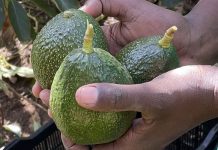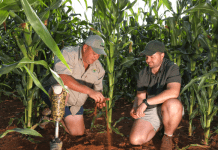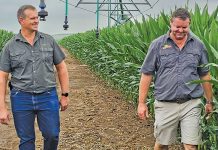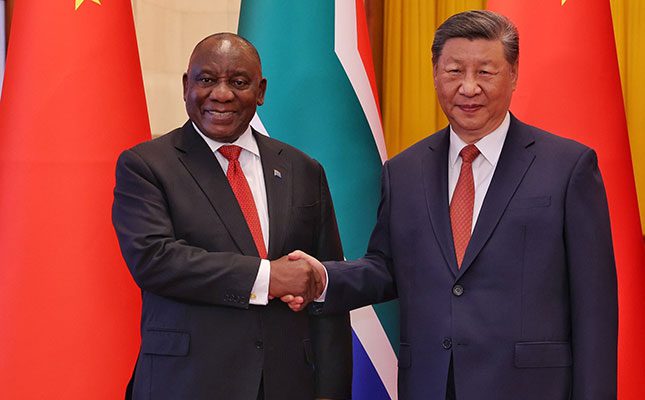
Photo: X | The Presidency
South African President Cyril Ramaphosa and the President of the People’s Republic of China, Xi Jinping, have agreed to elevate bilateral relationships between South Africa and China to a strategic co-operative partnership, underpinned by strong political ties, balanced trade and transformative economic growth.
The agreement was reached on Monday, ahead of the Forum on China-Africa Cooperation Summit (FOCAC), themed “Joining hands to advance modernisation and build a high-level China-Africa community with a shared future”.
According to a joint press statement, the heads of states agreed to deepen co-operation in traditional fields, such as agriculture, health, medical sciences and infrastructure development, but will further seize opportunities presented by the new scientific and technological revolution.
They undertook to uphold the core values and basic principles of the World Trade Organization, oppose the decoupling and disruption of supply chains, resist unilateralism and protectionism, call for reform of the international financial system, and improve development financing for African countries to achieve common prosperity.
The two sides agreed to support a comprehensive reform of the United Nations, including its Security Council, with a view to make it more democratic, representative, effective and efficient, and to increase the representation of developing countries in the council’s membership so that it can adequately respond to global challenges and support the legitimate challenges of emerging and developing countries.
They also called on the international community to support efforts by African countries in terms of the full implementation of the African Continental Free Trade Agreement, and allow Africa the space to realise the benefits of its integration agenda.
China committed to share with South Africa experience in poverty alleviation and rural revitalisation, in building poverty alleviation model villages and offering support for coordinated urban and rural development.
As part of the South African delegation’s visit to China, the two presidents jointly witnessed the signing of several bilateral co-operation instruments, of which the Co-operation in Prevention and Control of Foot-and-Mouth Disease; Inspection Quarantine and Sanitary Requirements for Dairy Products Exported from the Republic of South Africa to the People’s Republic of China, and the Protocol on Greasy Wool were most relevant to the agriculture sector.
The Minister of Agriculture, John Steenhuisen, said that the signing of these instruments marked an extremely positive move for the South African agriculture sector, as China was the world’s second-largest economy and access to the Chinese market for South African agricultural products opened opportunities for growth and expansion of local agriculture.
He added that this was just the beginning of the opening of the Chinese market for South African products, with more exciting announcements to be made later in the year.
China is South Africa’s largest trading partner globally, while South Africa is China’s number one trading partner in Africa. Total bilateral trade grew from R614 billion in 2022 to R692 billion in 2023, according to a statement from the Presidency.

